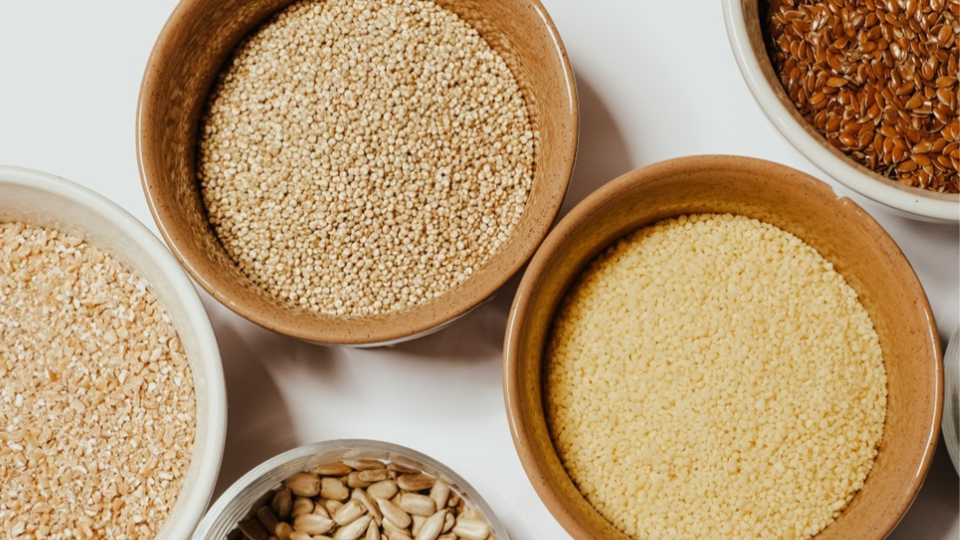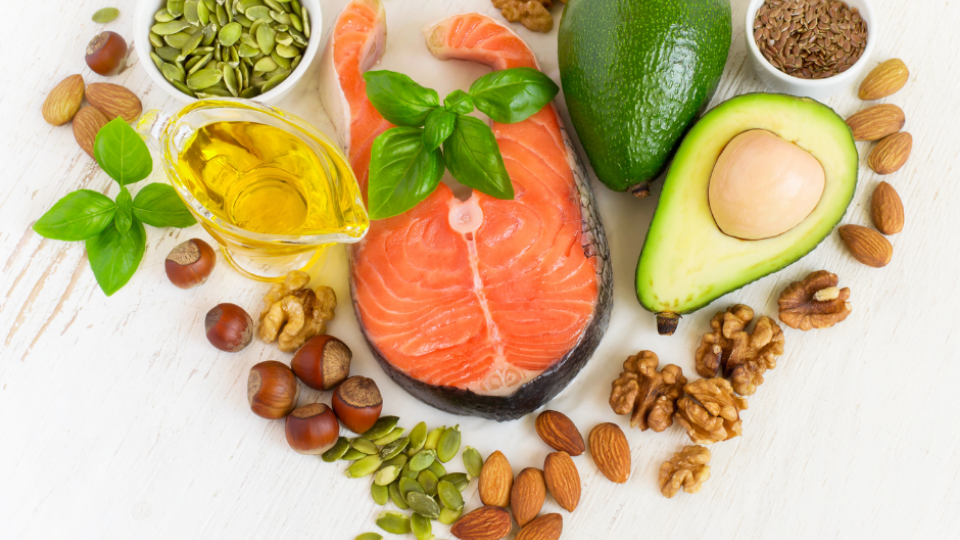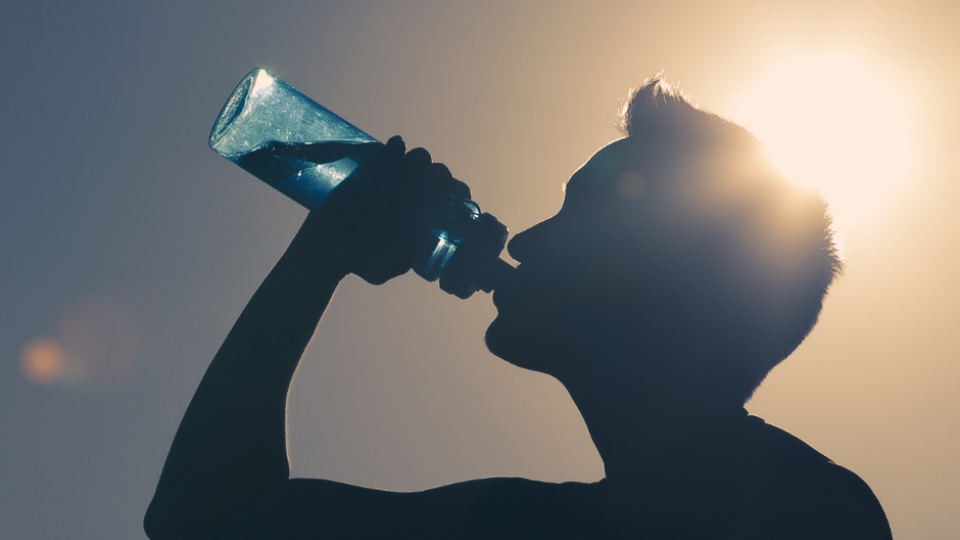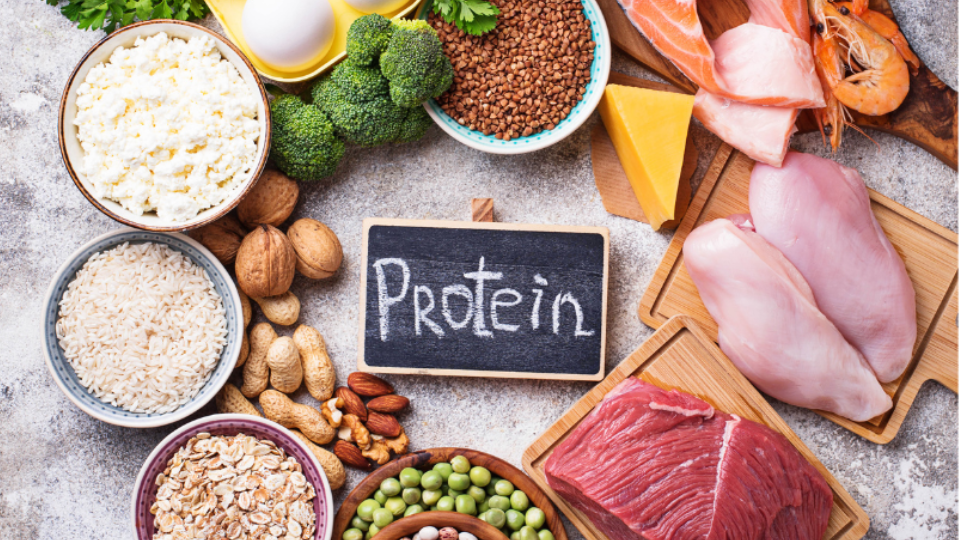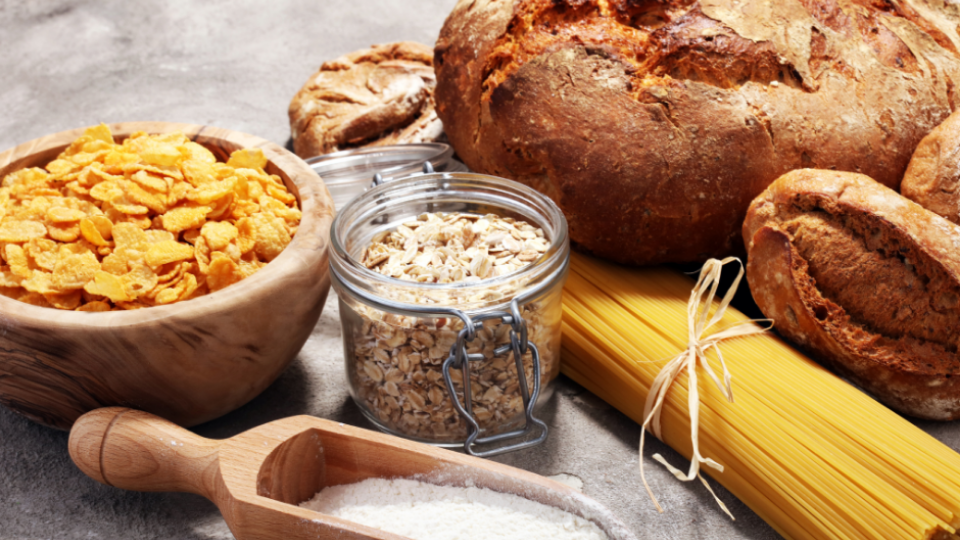Understanding Caffeine vs. Kids

Children enjoy numerous foods and drinks on a regular basis that contain caffeine: soda, chocolate candy, energy drinks, and so forth. In fact, almost 3 out of 4 children consume caffeine regularly (American Academy of Family Physicians, 2020). This is a concern because studies show caffeine can affect children and adults differently, and too much caffeine can have detrimental health effects on kids.
What is Caffeine?
 According to the American Academy of Family Physicians, “Caffeine is a stimulant. More than that, it is a drug. It is defined as a drug because it has a physiological effect on the body” (2020). A physiological effect refers to how the body functions. Caffeine can stimulate the central nervous system and give you more energy, but especially in children, it can cause severe health challenges.
According to the American Academy of Family Physicians, “Caffeine is a stimulant. More than that, it is a drug. It is defined as a drug because it has a physiological effect on the body” (2020). A physiological effect refers to how the body functions. Caffeine can stimulate the central nervous system and give you more energy, but especially in children, it can cause severe health challenges.
Negative Side Effects
Benton (2017) states that caffeine can cause health problems such as the following:
- Jitters and nervousness
- Upset stomach
- Headaches
- Difficulty concentrating
- Trouble sleeping
- Faster heart rate
- Higher blood pressure
Caffeine Risks in Children
Caffeine presents risks for children. Consider the following: 
- Obesity levels increase in children who consume one or more sweetened sodas a day; in fact, they are 60% more likely to become obese. Many of these soft drinks contain caffeine.
- When children fill up on caffeinated drinks (that usually have no nutritional value), they may not get the valuable vitamins and nutrients their bodies need tokeep them healthy.
- Consuming too many caffeinated soft drinks with large amounts of sugar can cause tooth enamel erosion and lead to dental cavities.
- Caffeine can cause dehydration in children because it acts as a diuretic. This may cause children to lose fluids quickly through the elimination of waste.
- Children who become dependent on caffeine, and then quit consuming it quickly, may have withdrawal symptoms. This can cause headaches, muscle aches, or cause irritability.
- Caffeine can cause worsening symptoms in children who might already have heart or nervous disorders. Some children might not even know they are at a higher risk (Benton, 2017).
- Too much caffeine consumption may cause anxiety and worsen mood (American Academy of Family Physicians, 2020).
Caffeine Recommended Daily Limits
| Age | Recommended Daily Limit |
|---|---|
| Adult | Less than 400 mg |
| Adolescent | Less than 100 mg |
| Child | 0 mg |
* Source: Supplemental Nutrition Assistance Program (SNAP), 2020
Amount of Caffeine in Popular Foods and Drinks
| Item | Size | Amount of Caffeine |
|---|---|---|
| Jolt soft Drink | 12 oz. | 71.2 mg |
| Mountain Dew | 12 oz. | 55 mg |
| Coca-cola | 12oz. | 34 mg |
| Diet Coke | 12 oz. | 45 mg |
| Pepsi | 12 oz. | 38 mg |
| Brewed coffee (drip method) | 5 oz. | 115 mg* |
| Iced tea | 12 oz. | 70 mg* |
| Dark Chocolate | 1 oz. | 20 mg* |
| Milk Chocolate | 1 oz. | 20 mg* |
| Cocoa beverage | 5 oz. | 4 mg* |
| Chocolate milk beverage | 8 oz. | 5 mg* |
| Cold relief medicine | 1 tablet | 30 mg* |
*Average amount of caffeine
Reduce Caffeine Consumption
A simple way to reduce caffeine consumption is to replace soda and other caffeinated beverages with water, milk, or small amounts of 100% fruit juices. Check for caffeine content in the foods that you consume, and exchange them for a healthier option. Caffeine is not classified as a nutrient, and therefore, does not always appear on a food label. Some unexpected foods that include caffeine are:
- Yogurt
- Ice Cream
- Decaffeinated coffee
- Protein bars (American Academy of Family Physicians, 2020).
Beware of withdrawal problems some people may encounter. Remember to cut back slowly. Decreasing caffeine consumption may cause your body to need more sleep because the caffeine provided energy that is now lacking. Give your body some extra sleep and it should return to normal in a few days (Benton, 2017). Although it may be difficult to avoid caffeine completely, it is important to take the necessary steps to control the amount of caffeine children consume each day. Following this recommendation can lead to improved health, and a longer, healthier life.
References
- American Academy of Family Physicians. (2020, March 10). Caffeine and kids. Familydoctor.org. https://familydoctor.org/caffeine-and-kids/
- Benton, J. (Ed.). (2017, February). Caffeine (forparents). KidsHealth. Nemours. https://kidshealth.org/en/parents/child-caffeine.html
- U.S. National Library of Medicine. (2020, April 14). Caffeine. Medline Plus, U.S. National Library of Medicine.
https://medlineplus.gov/caffeine.html - Utah State University Extension. (2020). The facts about caffeine. Create Better Health, Utah State University Extension. https://extension.usu.edu/fscreate/ou-files/2020-22-staff/Facts_About_Caffeine.pdf
Authors
Rachel McMaster
Cindy Nelson
Related Nutrition Articles






